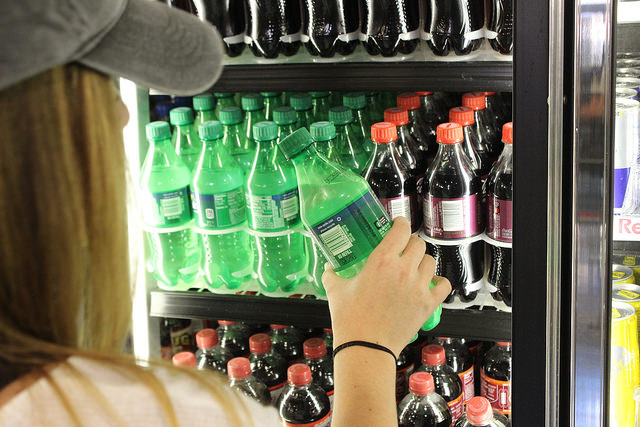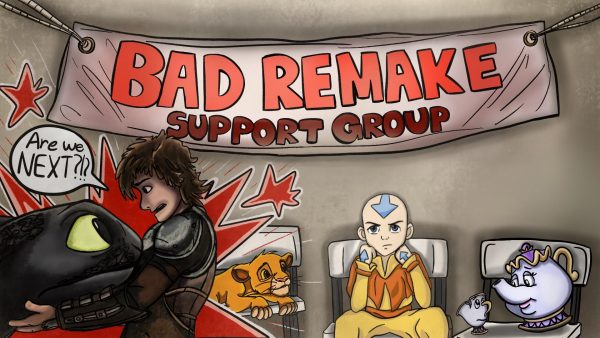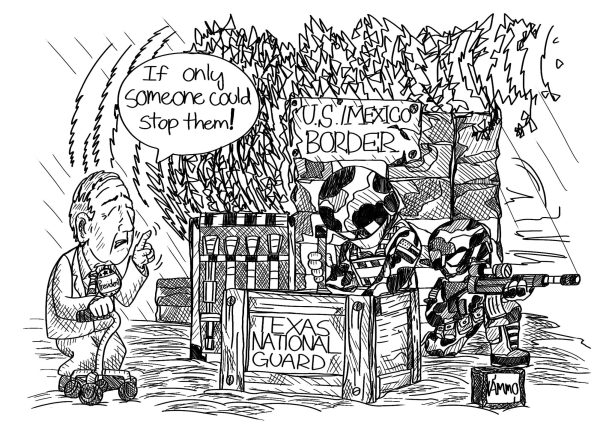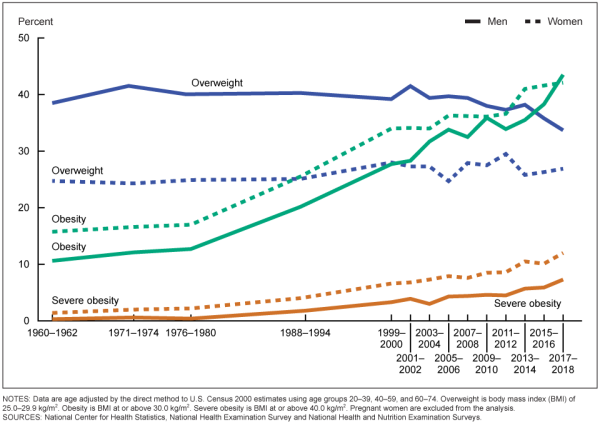A Sugar Tax isn’t great for business but Americans could benefit from it
Taxes on sugary drinks are being reconsidered and college students may not want to pay the extra costs.
October 23, 2016
We are addicted to sugar. Plain and simple, it’s a subconscious obsession. Sugar is in our food, drinks, and even beauty products. In actuality, it’s detrimental to our bodies.
San Francisco proposed a Sugary Drink Tax known as Proposition E which was later suppressed.
The November 4, 2014 election ballot distributed a comprehensive statement to demonstrate similarities between the cigarette tax and soda tax: “Cigarette taxes significantly reduced smoking; a soda tax will reduce consumption of sodas and other sugary beverages that are driving the diabetes epidemic.”
The Libertarian Party disagreed with the measure, believing that “High cigarette taxes have resulted in smuggling, tax evasion, and violence, and jacking up soda taxes will likewise have adverse consequences that legislators cannot anticipate.”
By all means, we are each given the right to freedom of speech, but I find this preposterous. Where has it ever been exhibited that burglary, tax evasion, and violence was solely the result of higher cigarette taxes? And in what world would unforeseen chaos stem from higher soda taxes?
To say nothing of the unmistakable detail that over one-third of adults in the U.S. are obese; along with 17 percent of children and adolescents aged 2 to 19, according to the Centers of Disease Control and Prevention.
The U.S. has not been favorable to a sugar sales tax proposal. That is to say, most Americans dispute any regulations of a soda tax. But comparing our country’s obesity rate with other countries’, maybe it’s time to reconsider.
Mexico and the United Kingdom have added a percent tax on sugar-sweetened beverages as a considerable measure in the fight against child obesity.
In 2014, Mexico introduced a 10 percent sales tax on sugared beverages. Within the first year, the sales of sugar-laced beverages had dropped by 12 percent. The sales tax has made a considerable impact in the pervasiveness of obesity; resulting in its decline of 0.7 percent in men and 0.3 percent in women.
The influence of the sugar sales tax will triumphantly promote a healthier lifestyle for Americans, seeing that Mexico’s obesity rate has already begun to decline within its first year of utilization.
For one thing, sweetened drinks are unbelievably high in sugar, averaging about nine teaspoons of sugar. As a matter of fact, people are more inclined to drink several cans of soda a day rather than devour an entire chocolate cake. Imagine consuming nine teaspoons of sugar in your mouth each time you took a sip of your drink. It’s nauseating. And on top of that, most beverages don’t present nutritional benefits, if that wasn’t already apparent.
On the contrary, spokesman for the CFBC Roger Salzar is certain that beverage taxes are not the solution to ending obesity and engaging in a healthy lifestyle; that it won’t make people healthier but it will have consequences on businesses and consumers.
Although this may be superficially true, it indicates a different issue and in my opinion a much less important one.
No, beverage taxes are not intended to put an end to obesity.
No, a single tax on your soda will not result in a miraculously healthy lifestyle.
Yes, it will take a toll on various businesses and consumers.
But, the purpose of the sugar beverage tax is to raise awareness of what we are putting into our bodies and the consequences of consuming an overabundance of sugar.













































































